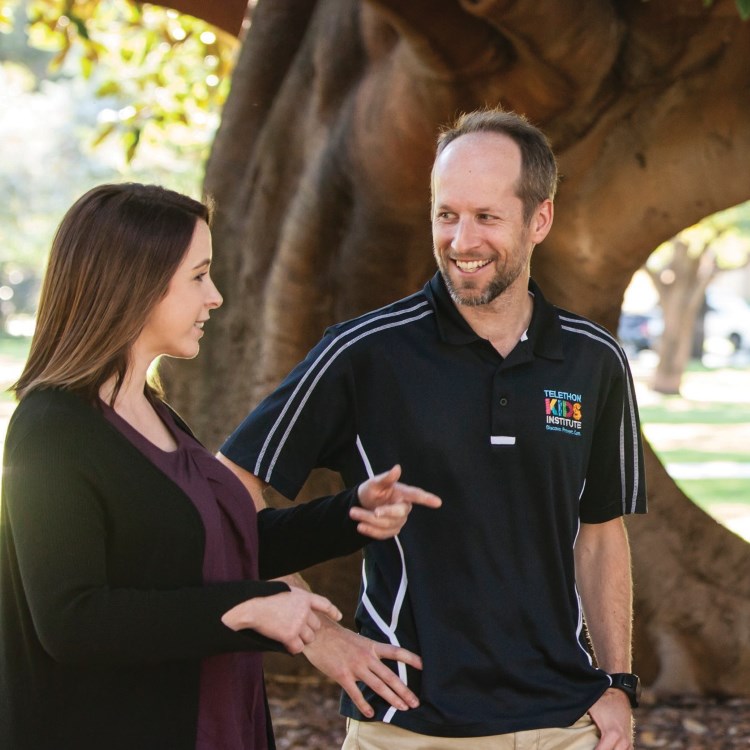Search
Showing results for "mental health aboriginal"
Research
Description of total population hospital admissions for cleft lip and/or palate in AustraliaOrofacial clefts are a group of frequently observed congenital malformations often requiring multiple hospital admissions over the lifespan of affected...
Research
Re-evaluation of link between interpregnancy interval and adverse birth outcomes: Retrospective cohort study matching two intervals per motherThis study questions the causal effect of short interpregnancy intervals on adverse birth outcomes and points to the possibility of unmeasured or...

News & Events
Data goldmines yield priceless breakthroughsChild health and development researchers are increasingly turning to Western Australia's extensive population datasets for their ground-breaking work.
Research
Safety and Immunogenicity of Neonatal Pneumococcal Conjugate Vaccination in Papua New Guinean Children: A Randomised Controlled TrialWe conducted an open randomized controlled trial in Papua New Guinea to compare safety, immunogenicity and priming for memory of 7-valent PCV (PCV7) given in...
Research
The western dietary pattern is prospectively associated with nonalcoholic fatty liver disease in adolescenceIn centrally obese adolescents with NAFLD, a healthy dietary pattern may be protective, whereas a Western dietary pattern may increase the risk.
Research
Early infant feeding and adiposity risk: from infancy to adulthoodIn our study, we aimed to examine early infant feeding and adiposity risk in a longitudinal cohort from birth to young adulthood using new as well as...
Research
Pandemic influenza H1N1 2009 infection in Victoria, AustraliaConflicting findings regarding the level of protection offered by seasonal influenza vaccination against pandemic influenza H1N1 have been reported.

Mental health and wellness is critical to the overall wellbeing of a person, and can also impact on physical health. Researchers are exploring the mental wellbeing of mothers and their experience of motherhood and pregnancy, and effective support options available. Mental health development of the child is also explored, as well as the impact of the COVID-19 pandemic on our ORIGINS families.
Research
Bronchiectasis Research for Improving Lung Health outcomes and Treatment (BRIGHT)This prospective, longitudinal cohort study will examine airway sputum, lung function, and clinical surveillance data of children with bronchiectasis attending Perth Children’s Hospital.
Research
The application of environmental health assessment strategies to detect Streptococcus pyogenes in Kimberley school classroomsChildren spend almost one-third of their waking hours at school. Streptococcus pyogenes (Strep A) is a common childhood bacterial infection that can progress to causing serious disease. We aimed to detect Strep A in classrooms by using environmental settle plates and swabbing of high-touch surfaces in two remote schools in the Kimberley, Western Australia.
